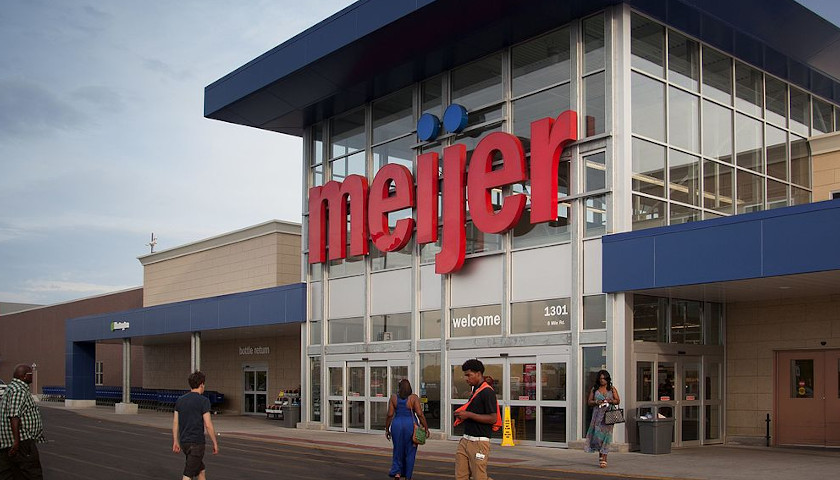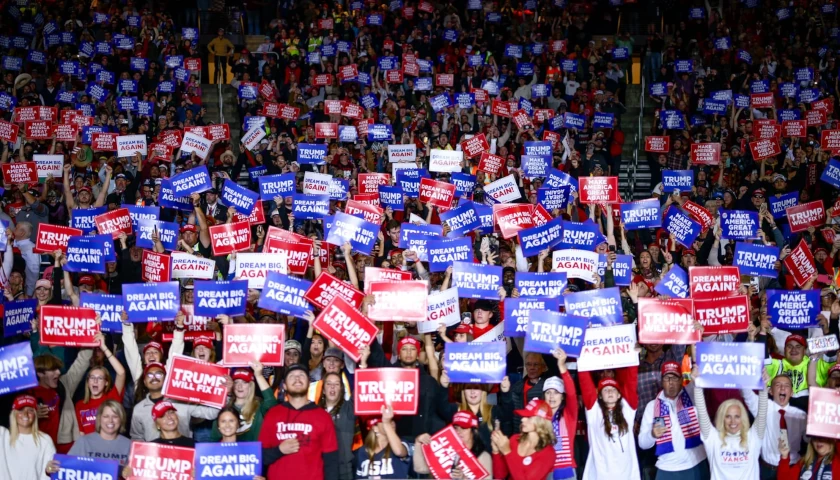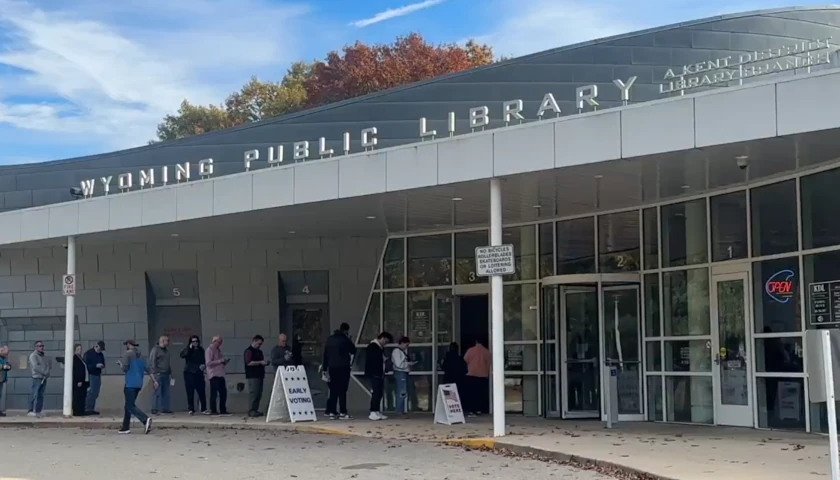by Scott McClallen
Gov. Gretchen Whitmer on Monday declined to sign two bills into law, exercising a “pocket veto” on legislation that would have given a tax break to Meijer and allowed businesses hit hard by COVID-19 to defer summer 2020 property taxes.
Whitmer vetoed SB 1153, which lawmakers said aimed to give Meijer a tax break on sales and use property taxes on automated consumer goods sorting systems.
The nonpartisan Senate Fiscal Agency said the bill would have had an unknown negative fiscal impact on state and local governments since an exemption would reduce local property tax revenue and School Aid Fund revenue, which must be reimbursed through the General Fund.
The revenue reduction would depend on the exempted personal property and millage rates.
Meijer Corporate didn’t respond to a request for comment, but Republicans have previously argued this legislation would place the Michigan-based grocer on a level playing field with Amazon and Kroger.
Others raised issues with giving a grocer a tax break in a year when state tax revenue plummeted while grocer’s profit increased.
State Sen. Mallory McMorrow, D-Royal Oak, had voted “no” on Dec. 4 and disagreed with spending taxpayer money to incentivize automation.
“We’ve seen over the past decade or so, the tax burden shift radically from companies onto the backs of taxpayers so people who live in our communities every day feel like they’re paying much more and getting much less,” McMorrow said.
However, the United Food and Commercial Workers Union (UFCW), representing thousands of Michigan grocery workers, supported the bill.
“The servicing of these robots is where the money is,” John Cakmakci, president of the UFCW Union Local 951, told the Detroit Free Press.
Cakmakci told The Center Square that automation would allow for larger warehouse capacity that would bring more jobs and more stores, which in the long-run, could bring a bigger tax base.
Machine technicians can make $18 per hour more than someone performing the machine’s work, Cakmakci said.
John Mozena, president of the Center for Economic Accountability, a nonprofit organization for transparent economic development policy, told The Center Square that the larger issue is competitors aren’t on a level playing field because of previous micromanagement of the tax code in favor of certain businesses.
For example, Amazon doesn’t have brick-and-mortar retail outlets in distribution centers, so it’s considered industrial instead of commercial, dodging additional taxes.
Likewise, Kroger has an automated distribution center near the Detroit Metro Airport in the Detroit Region Aerotropolis zone that is also tax-exempt.
“Meijer’s quest for this tax break points out all of the different ways in which our state government had already made economy-distorting decisions over the years,” Mozena said.
“The existence of tax breaks for other kinds of companies that compete with Meijer, or for companies with operations in different communities that have special tax breaks in place puts Meijer at a competitive disadvantage, and as little as we may like the idea of tax breaks, it’s understandable that Meijer would want to be on a level playing field with everybody else who’s already getting special treatment.”
Whitmer also pocket vetoed SB 943, a Republican bill that would have let certain businesses hammered by the COVID-19 pandemic and government-mandated shutdowns — like restaurants, gyms, and entertainment venues — defer their 2020 summer property tax payments without facing penalties or interest.
Under the bill, the state would have paid local governments the waived interest and fees if the legislature appropriated funding.
Michigan Chamber President & CEO Rich Studley told The Center Square that killing a bill via pocket veto without explanation “is not the kind of strong leadership or clear direction” Michiganders expect.
Studley argued that many businesses couldn’t pay property taxes because of government-mandated shutdowns that, in some cases, sealed revenue streams for months. So businesses should be given extra time to pay property taxes.
“I hope the governor’s position isn’t that she just doesn’t care about businesses that aren’t able to pay their taxes because of her shutdown orders, but that’s the message this non-decision sends to a lot of businesspeople: that she just doesn’t care,” Studley said.
– – –
Scott McClallen is a staff writer covering Michigan and Minnesota for The Center Square. A graduate of Hillsdale College, his work has appeared on Forbes.com and FEE.org. Previously, he worked as a financial analyst at Pepsi.
Photo “Meijer Store” by Librarian 1974. CC BY-SA 4.0.





